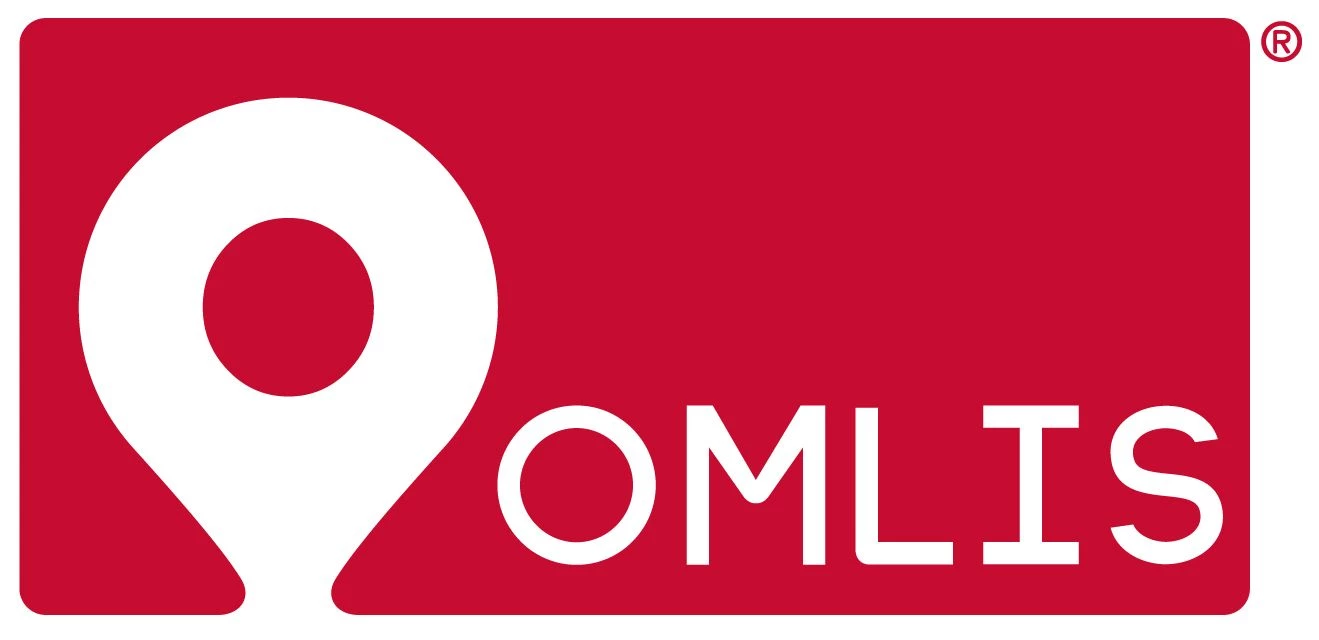
Partner Article
UN Africa Industrialization Day – Mobile payments pave the way
Global mobile payments solutions provider, Omlis, believe that mobile payments is still the key catalyst for economic and social growth in Africa as they support the United Nations Africa Development day to be observed on the 20th November 2014. This global observance day was initiated in 1989 at the 25th Ordinary Session of the Assembly of Heads of State and Government of the Organisation of African Unity (OAU) with the aim of drawing attention to the ongoing issues and challenges of industry in Africa.
“Many African economies have shown impressive growth rates in recent years, but increased prosperity has not always translated into inclusive wealth creation,” UN secretary General Ban Ki-moon said in a statement on their website. The Secretary General added, “On the occasion of Africa Industrialization Day, I reaffirm the commitment of the United Nations to promote Africa’s inclusive and sustainable industrial development to help ensure and economically prosperous and socially integrated continent.”
With a population of 1.1 billion and rising, Africa is currently experiencing exceptional growth to match its growing population. The question of how African-based economies can cope with their increasing population growth experts say is being answered through the explosion of mobile payments in emerging economies across the world, with Africa emerging as a global leader in this market space. Mobile payment experts Omlis have attributed Africa’s leadership in this mobile centric space to availability and access of affordable mobile phones and internet services, lower transaction costs compared to traditional alternatives and financial inclusion options for the previously unbanked and excluded.
“Through mobile payments, Africa is beginning to show the economic potential that it always had. Mobile liberation means that industries from farming to telecom can effectively share knowledge, communicate and most importantly transact quicker and cheaper,” said Markus Milsted CEO of Omlis. Mr Milsted also added, “As a leader in the secure mobile payments space, Omlis ensures that mobile users operating on 2, 3 and 4G can access digital services with complete confidence. In mobile payments, trust is our most valued currency and we ensure that it’s justifiably spent.”
Research by Gallup across 23 countries in sub-Saharan Africa found that 65% of households had at least one mobile phone, with countries like Zimbabwe and Burkina Faso experiencing an average annual growth rate of 9% since 2008. The same research found that 80% of urban households in Africa had a mobile phone compared with 63% of rural households compared to 2008 where the figures were 63 and 43% respectively.
With energy being a key component for industrialization and economic development, it is still a resource that is scarcely available to nearly two thirds of African households. Almost 80% of Kenyans rely on kerosene as a source of energy due to the lack of electricity. This has had an impact on education, commerce and wealth creation. This being said, Kenyans have experienced a digital revolution through mobile payments. Affordable mobile phones now provide Kenyans, both urban and rural, direct access to the internet for little or no cost, minimizing any reliance on fixed landline and internet infrastructure that are heavily reliant on electricity.
“Africans didn’t invent mobile phones, but they invented a new way of using mobile phones.” Said Calestous Juma, a leading voice on technology and development in Africa. Mr Juma also added, “Energy is becoming the biggest barrier to greater connectivity. All those smartphones that use broadband use power, so there is an energy challenge of how to expand to rural areas.”
As Africa Industrialization Day is observed across the world on the 20th November 2014, it is worth noting that Africans continue to display their ability to adapt and adopt new technologies and points of view. It is very unlikely that this behaviour will change in the near future and the rapidly closing gap between African economies and the “industrialized” world dictates that the status quo should be maintained.
Visit Omlis.com/omlis-media-room/ for more information
This was posted in Bdaily's Members' News section by Helmut Okike .








 Raising the bar to boost North East growth
Raising the bar to boost North East growth
 Navigating the messy middle of business growth
Navigating the messy middle of business growth
 We must make it easier to hire young people
We must make it easier to hire young people
 Why community-based care is key to NHS' future
Why community-based care is key to NHS' future
 Culture, confidence and creativity in the North East
Culture, confidence and creativity in the North East
 Putting in the groundwork to boost skills
Putting in the groundwork to boost skills
 £100,000 milestone drives forward STEM work
£100,000 milestone drives forward STEM work
 Restoring confidence for the economic road ahead
Restoring confidence for the economic road ahead
 Ready to scale? Buy-and-build offers opportunity
Ready to scale? Buy-and-build offers opportunity
 When will our regional economy grow?
When will our regional economy grow?
 Creating a thriving North East construction sector
Creating a thriving North East construction sector
 Why investors are still backing the North East
Why investors are still backing the North East